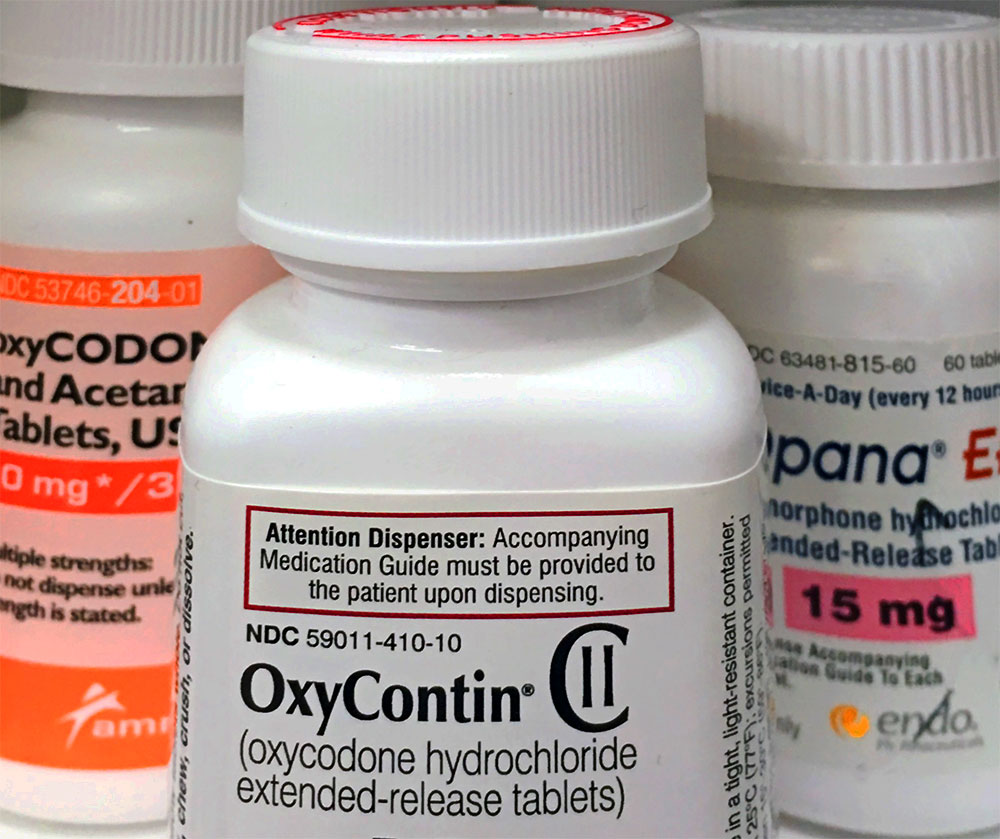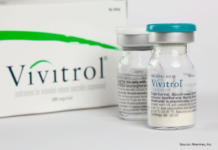guarantee 12 hours of pain relief.
Higher-strength doses can spell death for many opioid patients, a claim which numerous scientific studies support. One such study, published in JAMA in 2011, stated that an increased risk of death from an overdose was directly tied to the increased dosage that was prescribed.
On the same day the LA Times published their report, Purdue issued a statement rejecting the story as pure anecdata that omitted many of Purdue’s clinical studies supporting the FDA’s approved 12-hour dosing guidelines. The company said its reformulation was created in an effort to fight opioid abuse.
The LA Times issued a response to Purdue’s rejection the next day, stating that all the information in their investigation was relevant and could be verified independently.
Despite the surge in heroin overdose deaths, the FDA continues to encourage the development of abuse-deterrent opioids as part of a multi-faceted action plan focused on reversing the epidemic. This includes making changes to opioid labeling, requiring drug makers to provide post-market data on long-term use, and expanding access to the overdose reversal drug Naloxone.
















